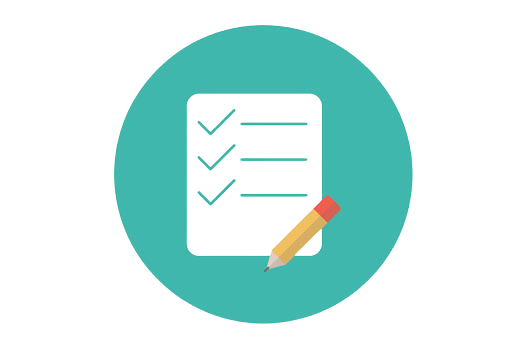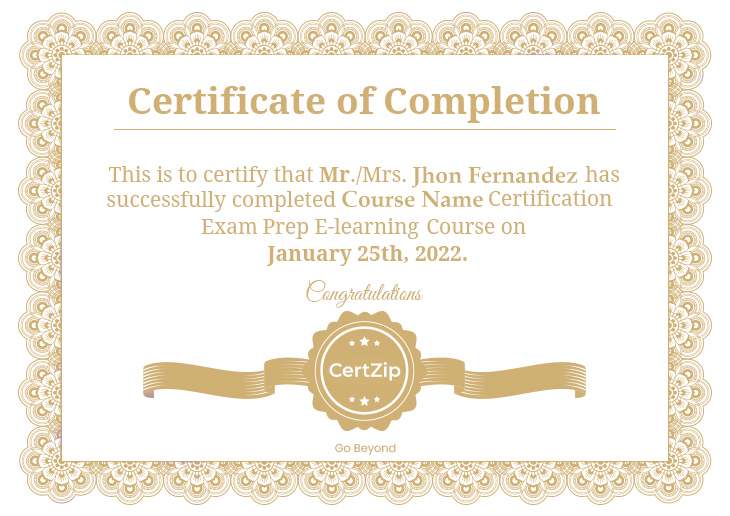Your Shopping Cart

Bestseller
CCIE, or Cisco Certified Internetwork Expert, is a prestigious and highly advanced certification in the field of networking. Offered by Cisco Systems, it validates expert-level skills in designing, implementing, managing, and troubleshooting complex network infrastructure solutions. CCIE holders are recognized for their deep technical knowledge and practical expertise, making them sought-after professionals in the networking industry.
CCIE certification holds substantial value in the networking field, validating a professional’s prowess in handling complex networking environments. It qualifies individuals for roles like network architects, senior network engineers, and consultants, equipped to craft sophisticated solutions and tackle evolving networking challenges.
The CCIE lab exam is a hands-on practical exam that requires candidates to configure, troubleshoot, and optimize complex network scenarios using real Cisco hardware and software. The format varies depending on the specific CCIE track but typically includes a set of tasks to be completed within a fixed time frame.
Cisco offers official study materials, including documentation, whitepapers, and practice labs specific to each CCIE track. Additionally, there are various third-party resources, online training courses, and practice exams that can aid in comprehensive exam preparation
Most CCIE lab exams are still conducted at physical Cisco lab locations. However, Cisco has been introducing remote proctoring options for some exams, allowing candidates to take certain written exams from their own locations. Check Cisco's official website for the most current exam delivery options.
The pass rate for the CCIE lab exam can vary depending on the track and the time period considered. It's generally recognized that the CCIE exam is challenging, and the pass rate tends to be lower compared to lower-level certifications. Diligent preparation, hands-on experience, and deep understanding of networking concepts are key to success.
No, the CCIE certification is not valid indefinitely. As of my last update, CCIE certifications are valid for two years. To maintain your certification, you must recertify within the two-year period by passing a designated recertification exam or earning certain Continuing Education
CCIE Enterprise Infrastructure Course Introduction
Reliability in Networking
OSPF Design Part 1
BGP Theory and Design - Fast Introduction to Multiple Topics - 2 hours
CCIE Enterprise MPLS Theory and Design Part 1 -
VPN Theory Part 1 - GRE, mGRE, IPSEC
NAT - Course Introduction
Multicast Theory and Design Part 1
IP and MPLS Course Introduction
IPv6 Zero to Hero Course Introduction (Sample Video)
Cisco SD-WAN Course - Theory and Design - What is SD-WAN
SD-Access Theory - Part 1
Assurance and Management - SNMP - Part 1 - Components, Version and Message Types
CCIE Enterprise Automation - Course Introduction and Agenda
Multi Technology Lab 1 Part 1
CCIE EI Course Workbook Part 1
Single vs Dual carrier_MPLS VPN Design
CCIE Enterprise Infrastructure Course Lab Files
QoS Course Slides
CCNP Level knowledge is enough to attend this CCIE training.
To take the CCIE lab exam, candidates must first pass the corresponding CCIE written exam for their chosen track. The written exam validates the theoretical knowledge necessary for the practical lab exam.
The preparation time for the CCIE lab exam can vary widely depending on your existing knowledge, experience, and the specific CCIE track you're pursuing. On average, candidates often spend several months to a year preparing thoroughly.
Yes, during the CCIE lab exam, candidates are typically given a set amount of time to complete a series of tasks. Communication with others, accessing external resources, and using the internet are generally not allowed during the exam
If you do not pass the CCIE lab exam, you have the opportunity to retake it. You'll need to wait for a certain period (usually a minimum of 30 days) before attempting a retake. The specifics of the retake policy can vary, so it's essential to review Cisco's guidelines.
CCIE certifications have a recertification requirement. CCIE holders need to recertify every two years to maintain their certification. This can be achieved by passing a designated recertification exam or by earning Continuing Education credits.


Every certification training session is followed by a quiz to assess your course learning.

The Mock Tests Are Arranged To Help You Prepare For The Certification Examination.

A lifetime access to LMS is provided where presentations, quizzes, installation guides & class recordings are available.

A 24x7 online support team is available to resolve all your technical queries, through a ticket-based tracking system.

For our learners, we have a community forum that further facilitates learning through peer interaction and knowledge sharing.

Successfully complete your final course project and CertZip will provide you with a completion certification.
CompTIA PenTest+ focuses specifically on penetration testing and vulnerability assessment. In contrast, certifications like CompTIA Security+ offer a broader view of cybersecurity concepts. PenTest+ goes deeper into hands-on testing techniques and real-world scenarios.
While there is no strict requirement to take training courses, many candidates find that formal training can significantly enhance their preparation. Cisco offers official training courses tailored to each CCIE track, providing in-depth coverage of exam topics.
No, CCIE lab exams need to be scheduled in advance based on availability. Cisco offers specific dates and times for exam sessions. It's recommended to schedule your lab exam well in advance to secure your preferred time slot.
Cisco provides the necessary hardware and software for the CCIE lab exam. You'll be working with Cisco equipment and devices during the exam. Familiarity with Cisco IOS commands and configurations is essential
Yes, you can pursue multiple CCIE certifications if you wish to demonstrate expertise in multiple areas. Each CCIE certification requires passing both the written and lab exams for the respective track.
